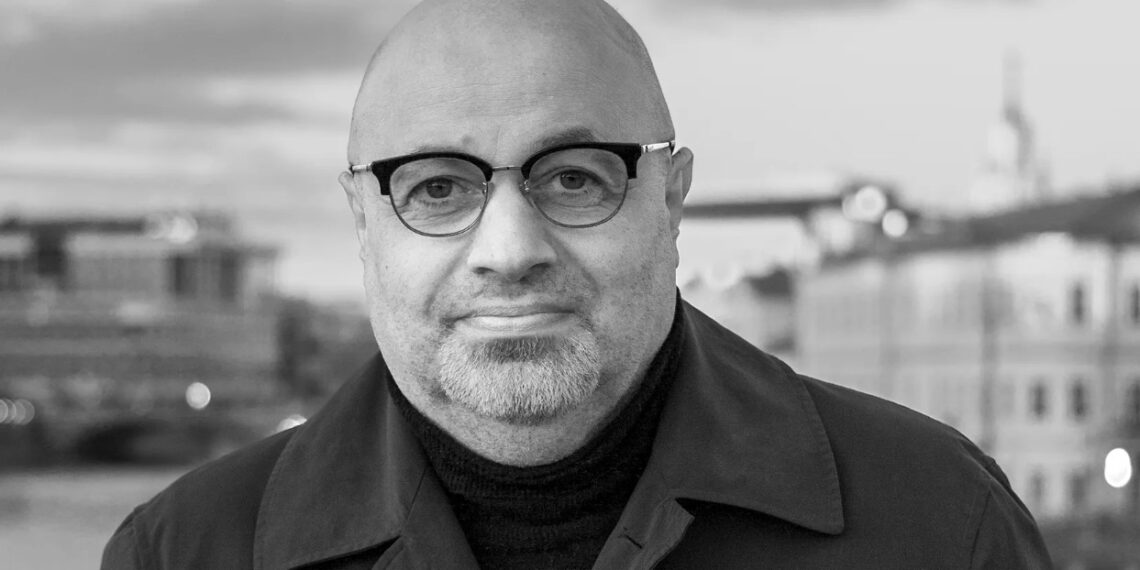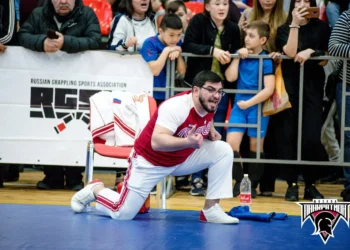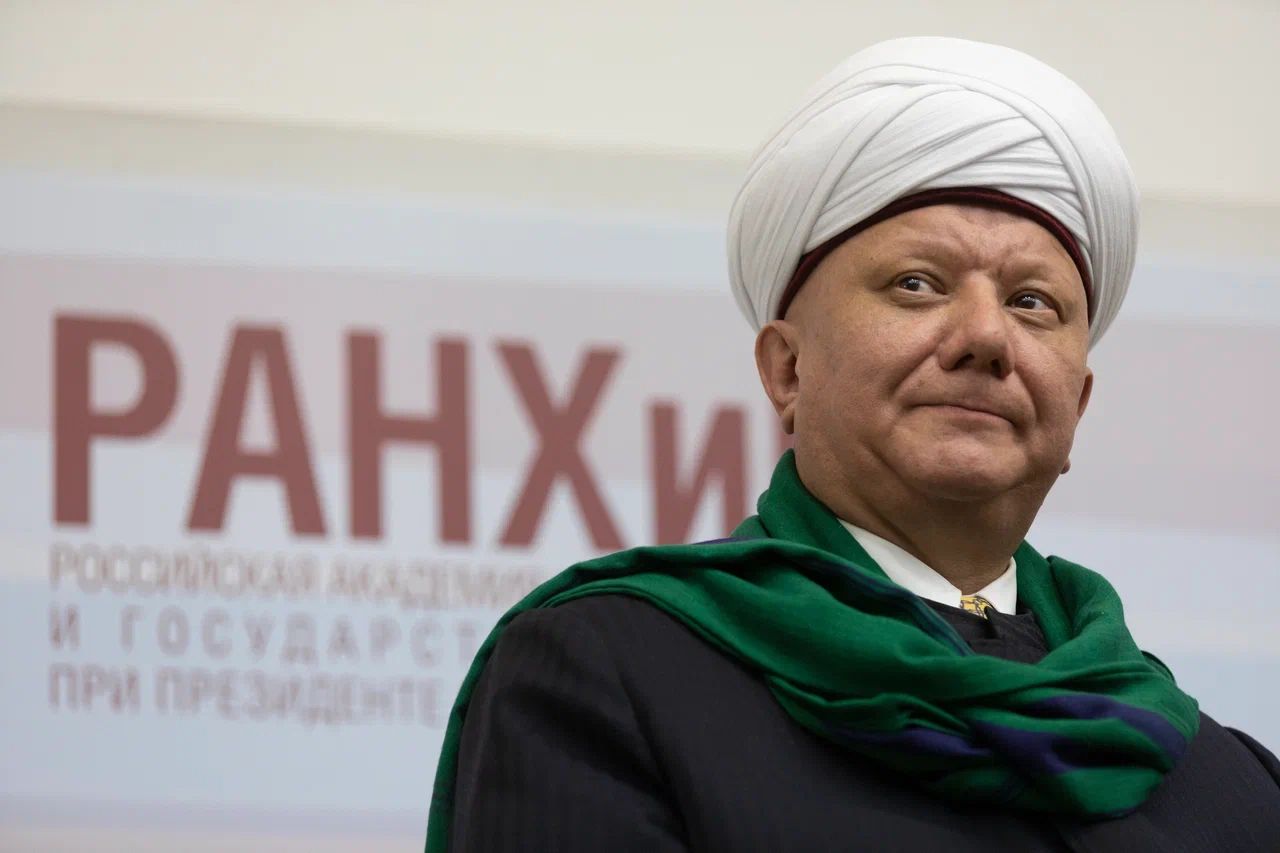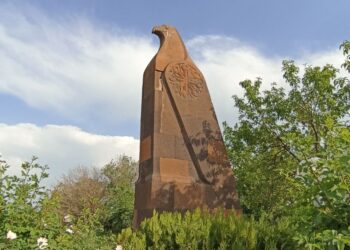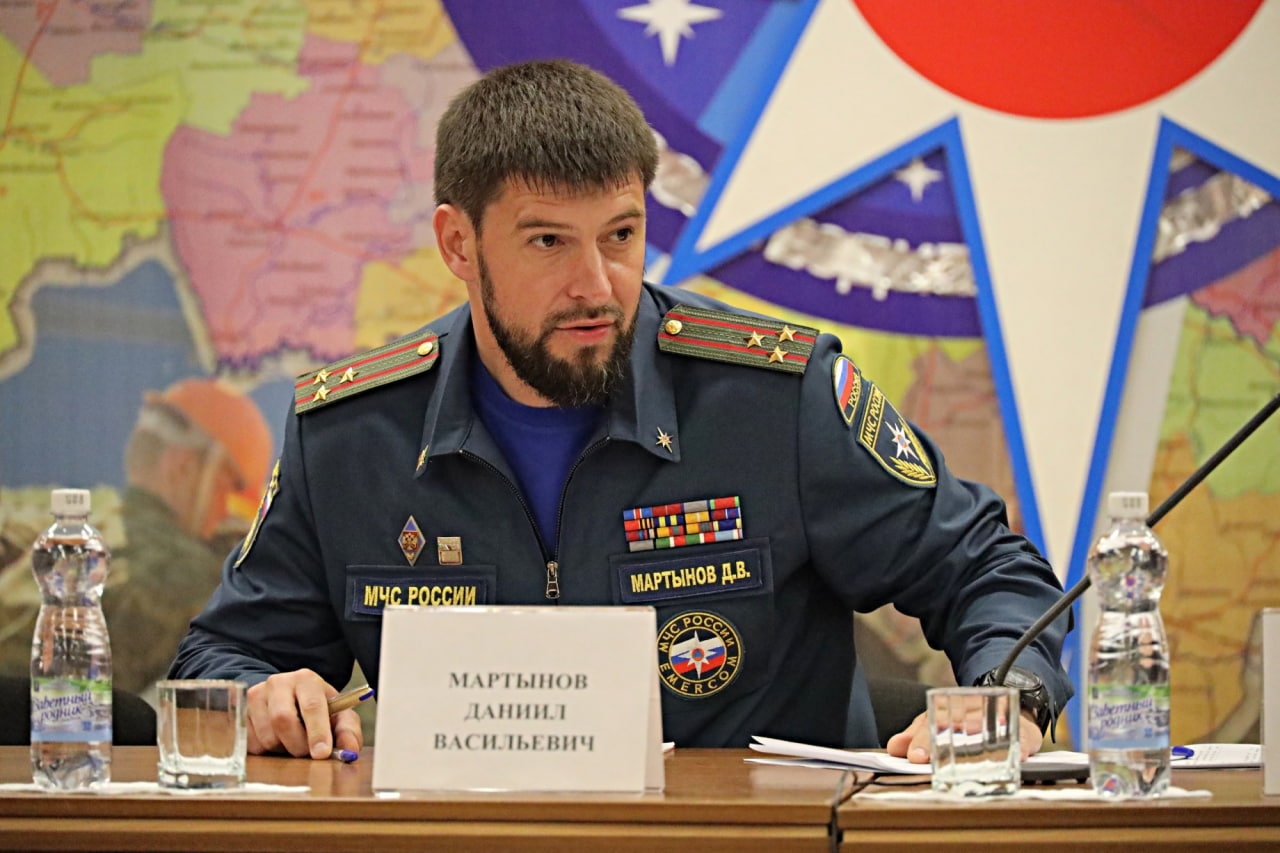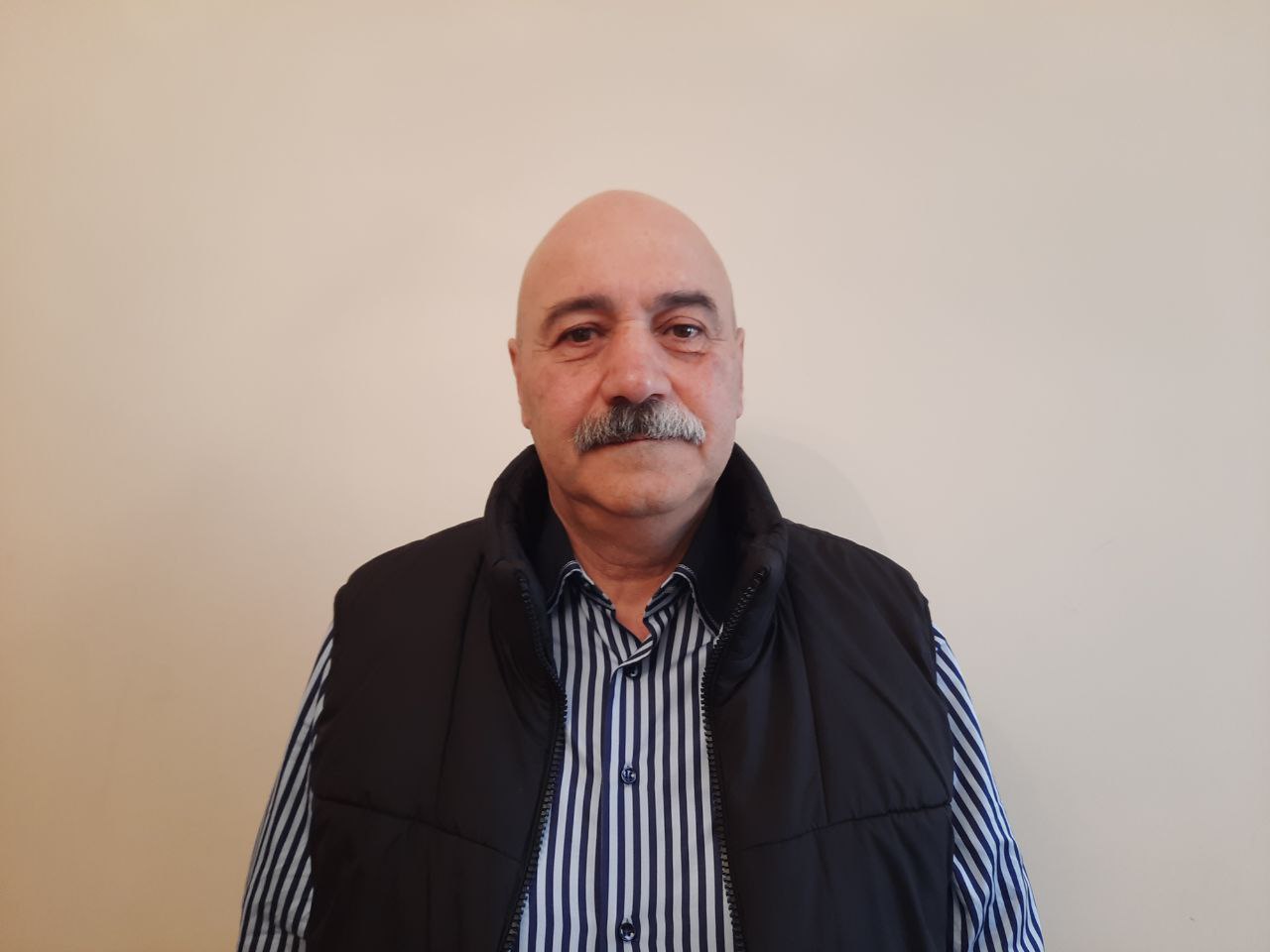YEREVAN (Realist English). These and other questions were answered by the philosopher, honorary lawyer, President of the Russian-Armenian Lawyers’ Association “ARMROST” Ruben Kirakosyan.
Ruben Stepanovich, you have been dealing with the legality of the Moscow and Kars treaties for a long time. Explain what every Armenian should know about these documents?
Ruben Kirakosyan: These contracts have been in my professional field of view for a long time, as a subject of legal and, no less importantly, moral, analysis. These agreements are studied and analyzed by the whole expert community, with whom I am in close working contacts, which certainly helps.
Both agreements, the Moscow and the Kars ones, were concluded during 1921 with a difference of several months. The Moscow agreement was signed between two parties: the RSFSR and the Republic of Turkey, and the Kars one was signed between the Republic of Turkey on the one hand and the three Transcaucasian Soviet republics on the other, with the participation of the RSFSR as the “guarantor” of the signing. At the same time, the signing of the agreements did not take into account the free will of one of the parties – Armenia, which was simply forced to sign, taking advantage of her weakened position after the dramatic events of 1915-1920.
The Moscow agreement was essentially concluded without the participation of Armenia, between the RSFSR and Turkey. But regarding the Armenian lands, more specifically Nakhichevan, which makes this agreement illegitimate from the moment of its signing, part of the legitimate territory of Armenia, the fully Armenian-populated Nakhichevan region was simply taken, rejected and transferred for some reason to the temporary (!) possession of the newly formed Azerbaijan SSR, which previously did not exist on the map of the region, under its so-called temporary protectorate that, by the way, has not been canceled by anyone until now.
There are other interesting legal circumstances of the conclusion of the agreements that call into question their legitimacy. Thus, neither the RSFSR nor the Republic of Turkey in 1921 were subjects of international law. Respectively, the treaties concluded by them are characterized with the sign of illegitimacy. Why were they not subjects? In 1921, the Ottoman Empire formally continued to exist until 1923, headed by Sultan Mehmet IV, within which there was a group of those sentenced in accordance with criminal articles submitted to the empire under the leadership of Mustafa Kemal. It was this group, persecuted by the Ottoman authorities, that concluded an agreement on behalf of the so-called “Turkish Republic” with the RSFSR and the Transcaucasian republics. The Republic of Turkey was recognized only in 1923 following the results of the Lausanne Conference of the Winning Countries.
If we extrapolate the legal consequences of the illegitimate Kars Treaty to our days, then it can be argued that in a legal sense, the current Armenian-Turkish border is based on an invalid treaty concluded by subjects unrecognized in the international law. Plus, the Kars Treaty has not been ratified by either the Armenian SSR, the USSR, or the Republic of Armenia, i.e. it has not entered into legal force, which means that it does not exist in the legal field.
For these reasons, any signatory of the Kars Treaty (Armenia, Georgia, Azerbaijan) can raise the issue of the illegitimacy of the current borders of the region even today, especially bearing in mind that none of the signatory countries has been in the international arena for a long time: neither the Armenian SSR, nor the Georgian SSR, nor the Azerbaijan SSR, nor the RSFSR-USSR, which means that there is no agreement itself.
In particular, the Moscow Treaty on the rejection of Nakhichevan, Surmalu, Kars, Ardagan was signed by the RSFSR, which was succeeded by the USSR, which was replaced by the current Russian Federation in 1992. But, if the USSR at least had a common border with Turkey and periodically confirmed the state borders by signing protocols with Turkey, the Russian Federation does not have common borders with Turkey, therefore, there is no subject of the Moscow and Kars treaties, there are no such treaties themselves. Against this backdrop, no one has canceled the Wilson arbitration opinion. Meanwhile, it is the only legitimate internationally recognized document outlining the borders of the region and all actors know about it, but they keep silence.
I also do not rule out that today, for this reason also, the Republic of Turkey and Azerbaijan are striving to conclude an agreement on the delimitation and demarcation of borders with Armenia and to sign a peace treaty with Armenia, realizing the legal vacuum of the current configuration of borders, which Armenia itself strangely indulges. Although regional and non-regional participants of the process as well as the Armenian public itself, both within the country and in diasporas, the political and scientific circles dissuade from this. I believe that today Armenia has an excellent legal background and, no less important, the Republic of Armenia and the Armenian people have a weighty moral and argumentative basis for raising the issue of revising the regional configuration of borders. Only the smallest thing is required – political will and state thinking.
Imagine that you have a magic wand in your hands that can fulfill any three wishes regarding the political and legal structure of Armenia. What are the three provisions in the legislation that need to be reviewed first?
Ruben Kirakosyan: My life and my professional experience have led me to the conclusion that, alas, there are no magic wands, but each of us has the right to believe in a miracle, especially now, on the New Year’s Eve.
The dreams that I will share are quite real and sooner or later they will definitely be realized, as they are demanded by the life itself.
First. Adoption of the new Constitution of the Republic of Armenia, which will correspond to the interests of the people, their way of life and values. The three previous constitutions have been written not from life, but from speculative, taken from the air, introduced, standards, and therefore were stillborn, which was the reason for the lack of sovereignty, of law and order, of rampage of corruption and of robbery in previous years.
Armenia needs a truly authentic main law of the land, based on the traditions and values of the Armenian people, on the legal sources and ideological foundations handed down to us by our ancestors from the depths of centuries. Therefore, the “model” constitutions in line with the EU or the EAEU are not about Armenia.
The second legislative act that should be adopted is the Electoral Code of the Republic of Armenia. More precisely, it has long been necessary to bring this code in line with the life and rights of citizens in terms of guarantees of the exercise of electoral rights for those outside the country during the electoral period. For example, Part 1, Article 56 of the current version of the Electoral Code does not provide for the functioning of polling stations on the territories of the RA’s diplomatic missions abroad: “voting is carried out only in precinct centers established on the territory of the Republic of Armenia.” This directly suppresses the constitutional principle of universal suffrage, declared by the main law of the land, its articles 48, 80, and in reality, a giant layer of citizens, probably equal in number to those living in the Republic of Armenia, is exempt from the elections.
If all the citizens of Armenia could take part in the vote, I am sure that the political palette of Armenia would be completely different, much brighter and more relevant to life. By the way, I have submitted a letter on this issue to the Chairman of the National Assembly of the Republic of Armenia, whose response states that this is the practice of the EU, and Armenia does not have the appropriate financial capabilities. But, let me say, this norm is prescribed in the Constitution and should be applied, and Armenia is not an EU member state, the practice of which is not a guideline for us.
The third legislative act would be a decree on the restoration of the Ministry of Diaspora Affairs. We, the Armenians of the world, are in dire need of this institution. It is not known for what reason exactly this department was abolished after the change of power in 2018. Generally speaking, since the first years of the new Armenian statehood, without exception, the leadership of the RA in all compositions traditionally had a certain antagonism towards diasporal institutions, which for some reason were seen as competitors, although in moments of war and cataclysms they turn to them for help.
I would also suggest considering a special mechanism for the legal regulation of the military service of Armenian youth from Spurk in the Republic of Armenia, their participation in military training programs, military-patriotic games, etc.
Your articles in the Realist News Agency related to Armenia are often philosophical in nature. Which Armenian philosophers, in your opinion, seem to be the most relevant at the moment?
Ruben Kirakosyan: I am sure that the moral and axiological, ideological basis of the Armenian nation requires a restart, without it all other reforms are worthless. We should finally understand both ourselves and our destiny, what is our mission, what do we bring to this world, who are we, where are we going? And to understand without bragging about antiquity and so on.
Answers to the questions raised can only be given by globally thinking individuals, we cannot close ourselves in a “provincial” shell. We are a powerful people, we have in our arsenal sources of humanistic thought and world-class traditions that have come from ancient times. But we do not listen to these voices, we do not believe in ourselves, or in our country, or in the potential of the people. Yes, they never really believed, leaving this land without really fighting for it. We need to understand the reason, where does it come from?
Meanwhile, Armenian philosophers and lawyers were no worse than their contemporaries, even in some ways ahead of their time, and perhaps that was why there was a special specific attitude to them on the part of the Armenian elites and the people. We must periodically return and reread David the Invincible, Anania Shirakatsi, Mkhitar Gosh, Nerses Shnorali, Shaamir Shaamiryan. Our myths and epics represent a separate scale. There is a colossal power and energy hidden in them. I, for one, draw energy and strength from them. These personalities and these traditions created a sovereign Armenian humanitarian thought, a national logical-philosophical, ethical and axiological argumentation basis, which, by the way, were used and praised by foreign scientists, but not by ourselves. For some reason, we prefer church axiology and everything foreign, underestimating our rational thought and school. It is rational thinking and common sense that are more in line with the Armenian inquisitive mind and our genetically inherent curiosity.
Unfortunately, the centuries-old forced monopoly of the Apostolic Church has led to the provincialization of our worldview, throwing overboard whole layers of culture, for example, Armenian Catholicism (Mkhitar Sebastatsi, San Lazarro Monastery), Protestantism, pre-Christian culture. I see this as a problem and it must be solved, it is necessary to restore the unified matrix of the Armenian world in all its diversity, but this cannot be solved without a globally thinking expert environment, without national philosophers, without them it will not work. But instead of this, the Institute of Philosophy is being closed in Yerevan, being relocated from a stunning ancient building in the city’s center to somewhere else. The same fate awaits the Institute of Archaeology. Who’s next?
How do you see the future constitutional arrangement of the Armenian state?
Ruben Kirakosyan: It’s big question, I will try to be as concise as possible, based on the “hard-won”, so to speak, years of practice and analysis of phenomena. Part of the answer to this question – we need a new Constitution, but this is only a fragment, so to speak, half the truth, the “top”. In fact, the problem of settling the Armenian world is much bigger, broader and more fundamental, especially on the eve of the inevitable new war.
We have to solve an age–old problem – the restoration of a single matrix of the Armenian people. The problem, and I state it with regret, is that all the traditional Armenian structures, institutions, organizations, unions, authorities, politicians, everything has been reset to zero and lost its effectiveness and significance, all values are perceived critically, the Armenian world is in a big confrontation. There is only one, the only legitimate subject of the Armenian world, it is each of us personally, each by himself, because there is no trust in anyone anymore. Therefore, it is necessary to collect a united field again, filtering everyone almost individually.
Over the centuries, and especially in the twentieth century, our statehood and our unified national fabric were torn to shreds in several waves. We have lost a living inner cultural connection with our ancestors, with the lands of clans and dynasties. Moreover, we were scattered in such a way that it is fitting to say that there is no single Armenian people, but there are sub-ethnicities, sub-languages, subcultures that often do not understand each other due to the contrast of dialects, worldviews and simply territorial remoteness. But on the other hand, in such centers, the Armenians have been preserved thanks to the communal way of life. It was the communal form of mutual assistance that helped the generation of genocide refugees to preserve themselves. This is the starting point – we are a refugee people!
The vast majority of our ethnic group, refugees as a result of genocide, political terror, natural disasters, a series of wars, etc., Our ancestors were washed out of their traditional habitat in waves, and it was the communal form of life that preserved the Armenian code in a cocoon. At the same time, we mean that the vast majority of the people live outside Armenia, i.e. our country is in some sense unrepresentative and represents only a small part of the Armenian world.
So, communities with their own elected self-government are traditionally at the heart of Armenian life, which is very important. The same system of local self-government could work in Armenia itself. The basis of the Armenian statehood should be precisely local self-government, it is from this level that any politician should begin his growth, establish himself on the spot, any elite should form not by the amount, sorry to say, “money, arrogance and connections”, but by showing oneself in action, i.e. “on the ground”. At the same time, the party system in its current form has clearly outlived itself, as have the traditional parties themselves. I believe that the formula “people-party” most accurately reflects our worldview, one people is one party, our people do not have such a palette of political views and ambitions to have 20 parties and the tasks, by and large, are identical for all Armenians.
The Republic of Armenia should become an integral part of the world’s unified Armenian organism, and the supreme governing body of Armenia itself should be, not the National, but the Republican Assembly. The current name of this body introduces conceptual confusion, it is not national, but republican, because it does not represent the Armenian nation, but only part of it – the population of the republic itself and was formed by the latter.
What should all the other compatriots, the Diaspora, do? It is logical to form a national governing body – the National Assembly, where all the Armenian communities of the world would delegate their representatives. If we move in this direction, then the idea of a bicameral parliament disappears by itself, because the spurk can acquire the status of a participant in the national process by delegating its representatives to the pan-Armenian National Assembly.
This national governing body should be headed by a national leader elected by the entire Armenian world, to whom the powers of the coordinator of Armenia-Spurk-Artsakh relations and representative functions before world bodies, councils, organizations, etc. are delegated. In some form, this figure reproduces and somewhere even symbolically reanimates the institution of the monarchy. We need such an institution vitally – we need a point of political stability with an endless leapfrog and confrontation of groups and interests. There should be a figure who is above the “fight” and acts as a point of national consensus, a balance of interests. Previously, such a figure could have been the Catholicos, but alas, those days are over, and the problem is much broader than spiritual leadership. The church has a lot of its own concerns about the care of the flock, helping the poor, the sick and the suffering, and charitable activities. This is a gigantic front of work, and the state building, the nation building are not a function of the church.
And here we return to where we started, to local self-government. It is from this that the ascent to the National Assembly begins. It is community self-government that lies at the heart, at the foundation of the whole structure. At the suggestion of historian Sarkis Tsaturyan, I believe that the name “Ashkhara-zhokhov” reflects the essence of this institution of self-government in the best possible way. Local ashkhara-zhokhovs at the highest level are transformed into a nationwide Ashkharazhokhov – the National Assembly of Armenians of the world. Armenians should solve their problems with the whole world (with the whole “Ashkhar”) and in no way transfer these functions to bankrupt elites for anything.
This system of communal self-government will finally get rid of the traditional problem of our people: corrupt officials, impostors and political scum, pseudo-public figures. People on the ground themselves will respond with their voices and control the work of their chosen one, know him personally, recall or vice versa promote, recommend. To put it differently, the ascent to the political Olympus will be carried out not according to the party hierarchy, divorced from the “ground”, and not according to the criterion of business interests, but according to the personal biography as a public figure. Such a system will make it possible to avoid collusion, forgery and fabrications. It is also necessary to work out a formula for the formation of electoral districts. And here we return to the issue of organizing of the voting procedures in communities, as in primary structures. I have draftings, and I am ready to present them on the site of the Realist.
So, to summarize, local government is our lifeline.
How can we ensure the participation of the Diaspora in the process of nation-building?
Ruben Kirakosyan: This is the root issue. The Diaspora should become the main support and foundation of the process of new nation-building, therefore, synchronization of projects and programs of the Spurk and Motherland, their unification is required. In my opinion, such construction is practically impossible without the restoration of the Ministry of Diaspora Affairs. Representatives of the Ministry of Diaspora should be delegated to the embassies of the Republic of Armenia, there should be daily live feedback between spurk and Armenia, because the programs that our Armenia is implementing today are completely insufficient to warm up a full-fledged relationship between the Armenians of the world. Often, we don’t know each other, everyone lives in their own country’s cultural and linguistic shell.
There is also the reverse side of the “medal”. Is the Diaspora itself ready to collaborate with Armenia? For cooperation with Armenia, diaspora structures must be representative and their leaders legitimate. For example, as for the Armenian communities of Russia, they are problematic in this regard – community structures often resemble monopolies, their leaders are often merged with local authorities, are not re-elected, are unrepresentative, reproduce the algorithm of the work of local authorities, often do not remember their native language. I have repeatedly submitted letters to the communities, and I can state the absence of even an effective feedback system. It is necessary to write, then get through, then still look for friends who punched the question. I am sure that in the current form, the Armenian communities of Russia are not able to elect delegates from their membership to any global diaspora meetings, because the level of conflict between structures here is off the scale, it is impossible to choose an agreed candidate.
What needs to be done? Conduct ashkhara-zhokhovs, form real communities, finally get rid of businessmen as chairmen, and choose real leaders, delegates, representatives from among well-established public figures. Businessmen should be given the opportunity to express themselves in philanthropy, charity, the establishment of grant programs, etc. By the way, none of the world-famous Armenian entrepreneurs has ever headed communities: neither Alek Manukyan, nor Kirk Kerkorian, nor Alexander Mantashyan, nor Galust Gulbeghyan, nor Eduardo Ernekyan, this is purely our “know-how” of Russian Armenians, coming from the Soviet order, from the corrupt 1990s.
Let’s finally understand that the availability of the capital and the proximity to power is not yet an indicator of the talent of a public figure, of a manager in the field of non-profit projects or of a statesman. After all, in the paradigm of single-handed monopolization of everything that is possible, the community becomes hostage to the conflict of interests that its entrepreneur-leader, objectively, has.
Let’s treat the tasks responsibly, solve them so that they do not pass to our children. Our generation has already missed a lot from the legacy inherited from the USSR, from the great generation of our parents and grandparents. Even Karabakh can be included in this tragic list. Let’s wake up from conformism already.
Russian Russian-Armenian Lawyers’ Association ARMROST, the oldest legal organization working in the field of Russian–Armenian legal issues, is ready to provide assistance and advise community leaders and heads of public, non-profit organizations on the norms of the law. We love Russia and Armenia and know almost everything about the laws of the two countries, we have been in this process since 2014.
Everything can be solved, you just have to get up and go the way you haven’t traveled yet.


